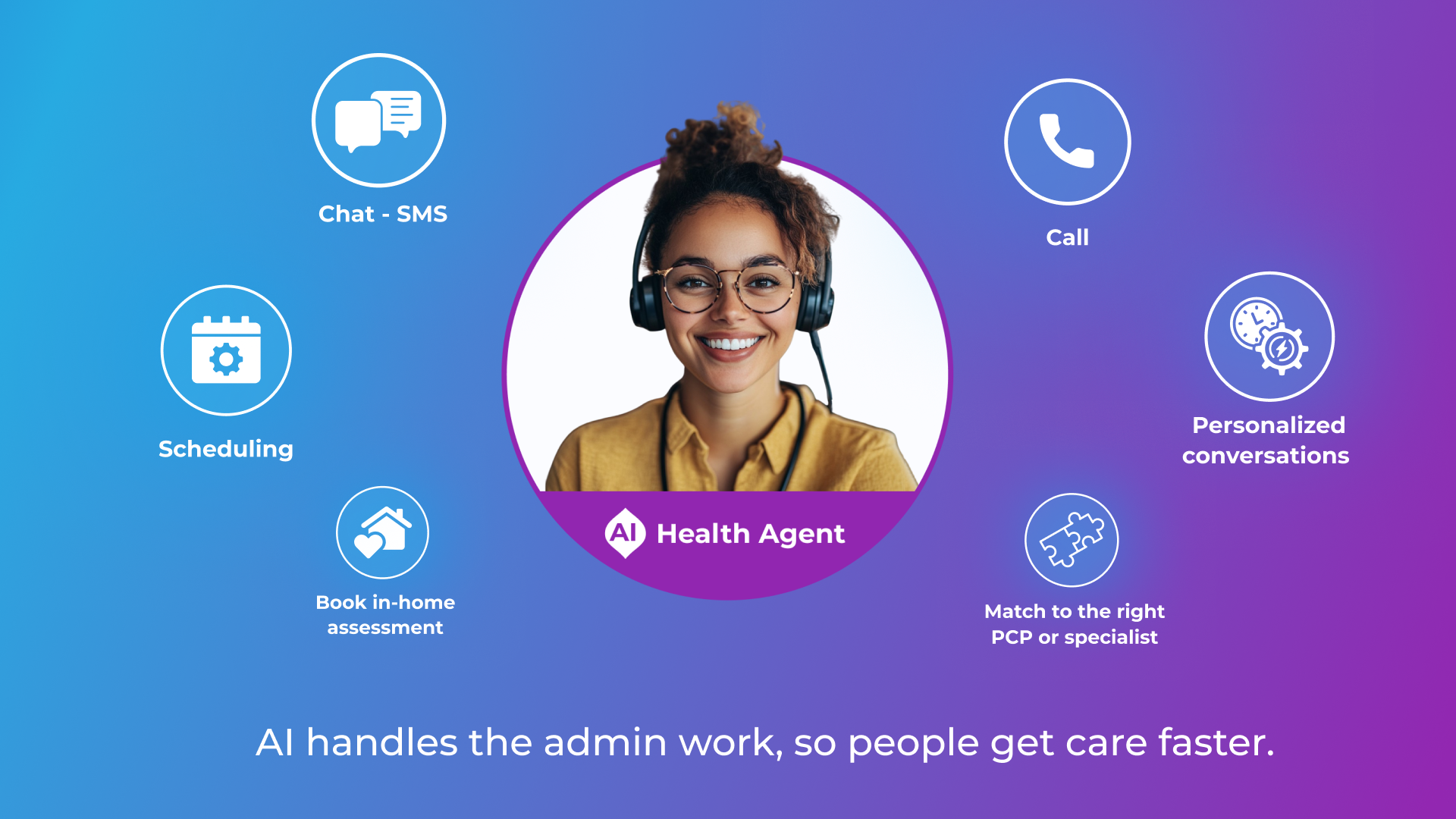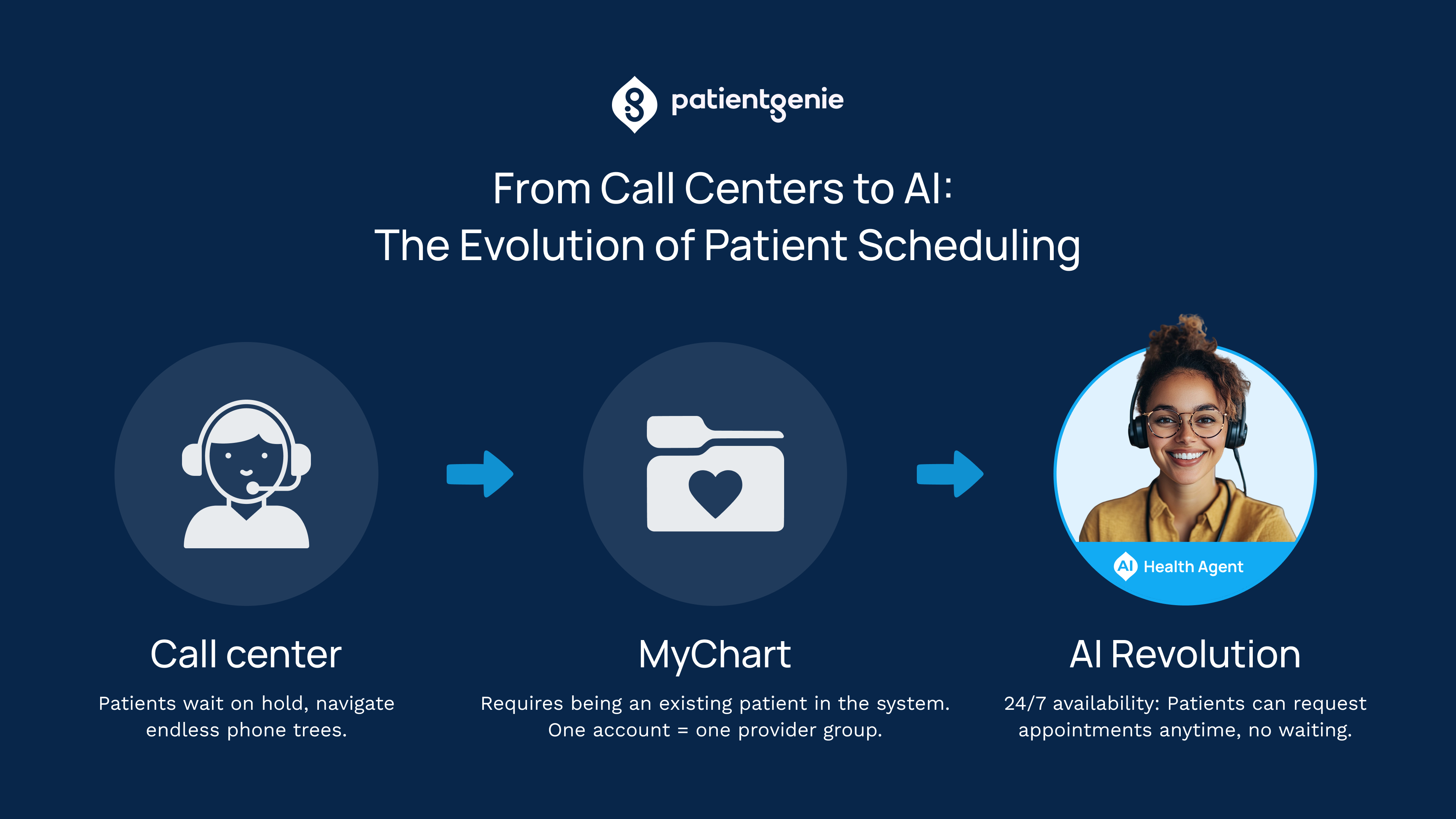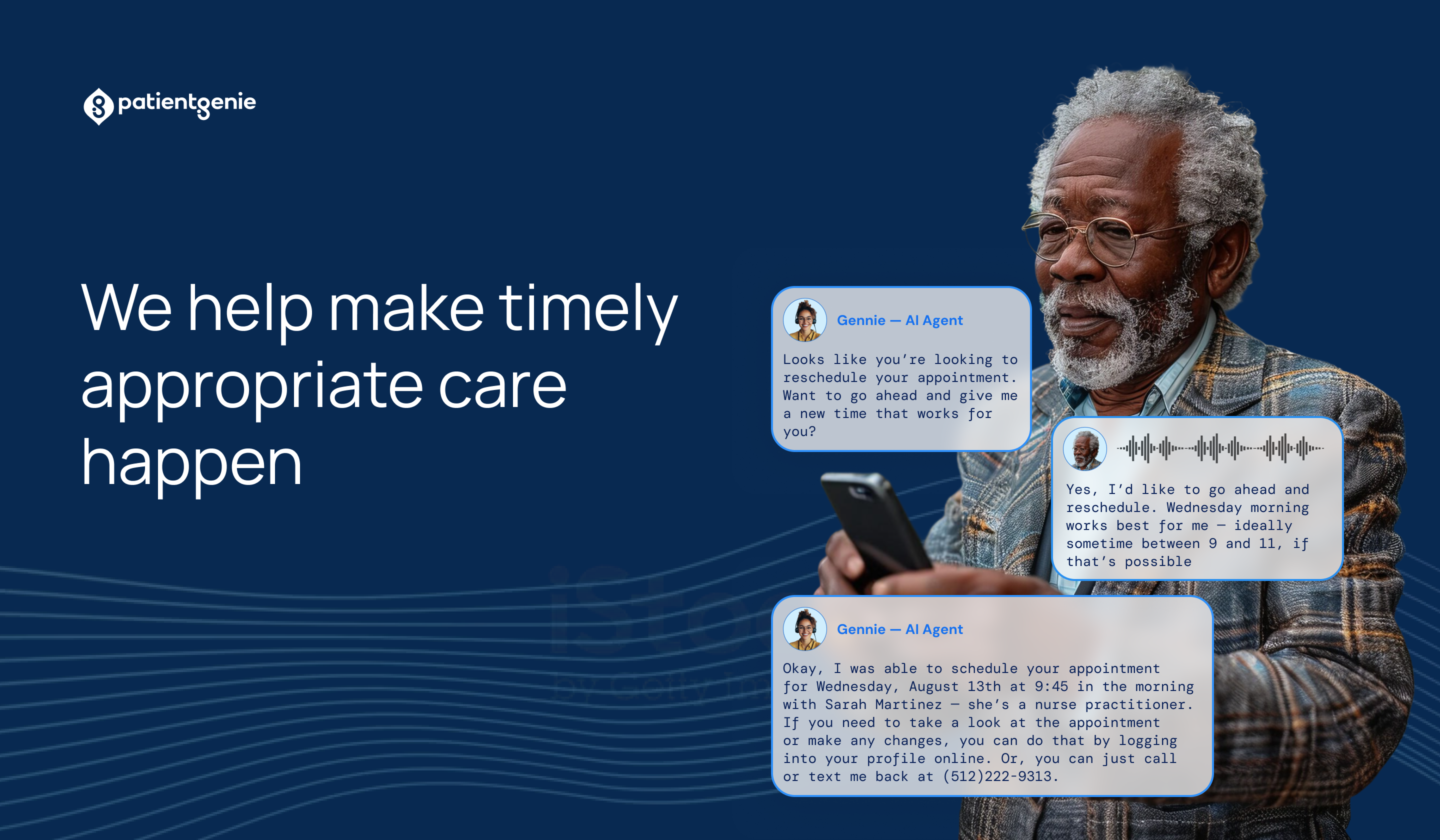6/19/2025
AI Agents in Healthcare: Augmenting the Workforce and Transforming Administrative Tasks for a Member-Centric Future

The healthcare industry stands at the cusp of a transformative era, driven by the power of Artificial Intelligence (AI). Among the most promising innovations are AI agents — dynamic, purpose-built digital assistants designed to enhance human workflows, reduce administrative burdens, and create truly member-centric experiences. Let’s explore how these agents are reshaping healthcare today and what the future holds.
The Administrative Bottleneck: A Persistent Challenge
Administrative complexity is one of healthcare’s greatest pain points. Studies show that a significant portion of healthcare spending — often estimated at 25% or more — goes toward administrative tasks rather than direct patient care. Prior authorizations, appointment scheduling, billing, claims processing, and record management burden not only providers but also contribute to frustration among patients and plan members.
These inefficiencies impact:
- Care timeliness: Delays in approvals and scheduling can defer necessary treatments.
- Workforce burnout: Clinicians and administrative staff spend excessive time on non-clinical tasks.
- Member experience: Navigating the system feels fragmented and opaque to patients.
AI Agents: Augmenting, Not Replacing, the Workforce
AI agents are uniquely suited to address these challenges by acting as force multipliers for healthcare teams. Unlike traditional automation tools that focus on linear workflows, AI agents combine natural language understanding, contextual memory, and decision-support capabilities to dynamically engage with both structured and unstructured data.
Key ways AI agents augment the workforce:
- Automated Scheduling & Coordination: Voice or text-based AI agents can handle appointment booking across complex provider networks, ensuring patients are matched with appropriate care while respecting plan rules and provider availability.
- Streamlined Prior Authorizations: AI can gather required documentation, populate forms, and communicate with payers to expedite approvals — reducing manual effort and avoiding unnecessary denials.
- Claims & Billing Support: AI agents can identify anomalies in claims, suggest corrections, and preempt common errors before submission, improving first-pass rates.
- Provider and Member Communication: AI agents can proactively engage with members — reminding them of preventive care needs, following up on chronic disease management plans, or clarifying benefits in plain language.
By managing repetitive and time-intensive tasks, these agents free up clinicians and staff to focus on higher-value work: delivering care, improving outcomes, and building relationships.
The Member-Centric Imperative
Modern healthcare consumers expect seamless, personalized, and timely service — experiences that mirror the best of other industries like retail and finance. AI agents enable this by:
- Precision Matching: Leveraging individual member data (plan details, care preferences, clinical history) to guide them to the right provider or service at the right time.
- 24/7 Availability: Ensuring that members can get assistance whenever they need it, without waiting on hold or navigating complex phone trees.
- Natural, Human-like Interactions: Advanced language models allow AI agents to converse in ways that feel intuitive and empathetic, building trust with members.
Importantly, these agents can be designed with guardrails to ensure compliance, privacy, and ethical use of data — essential in a highly regulated industry like healthcare.
The Future: AI Agents as Partners in Care Access
As healthcare AI matures, we can expect AI agents to evolve from task-specific assistants into holistic care navigators. They will orchestrate interactions across multiple stakeholders — patients, providers, payers, pharmacies — to ensure every member touchpoint is efficient, coordinated, and centered on delivering the right care at the right time.
Some future directions include:
- Predictive Engagement: Anticipating member needs (e.g., gaps in care, high-risk conditions) before they arise.
- Interoperable Ecosystems: Seamlessly integrating with electronic health records, payer systems, and digital health tools.
- Continuous Learning: AI agents that improve over time through feedback loops, always adapting to serve members better.
Final Thoughts
AI agents in healthcare are not about replacing humans — they’re about empowering people: clinicians, administrative staff, and members alike. By automating complexity and enabling smarter interactions, these agents will play a pivotal role in building a more accessible, efficient, and compassionate healthcare system.
Last news
From Call Centers to AI: The Evolution of Patient Scheduling
For decades, scheduling a healthcare appointment has meant waiting on hold, navigating phone trees, and hoping someone answers before you give up.
Now, a new era is here. AI-powered scheduling agents work around the clock to match patients with the right provider and book appointments — calling offices, verifying availability, and even making multiple attempts until the job is done.
9/24/2025PatientGenie 2030: What a World with Frictionless Access Might Look Like
What if getting care was as simple as saying, ‘I need help’? By 2030, it can be. At PatientGenie, we’re building the infrastructure for frictionless healthcare access—AI agents that call providers, engage members, schedule in-home assessments, match patients with PCPs, and coordinate follow-ups automatically. No portals. No hold music. No missed care. This isn’t the future—it’s happening now, and it’s changing how patients, providers, and health plans connect. Let’s make 2030 happen, now.
8/5/2025

